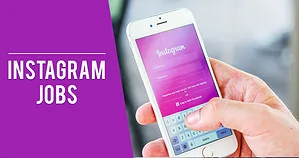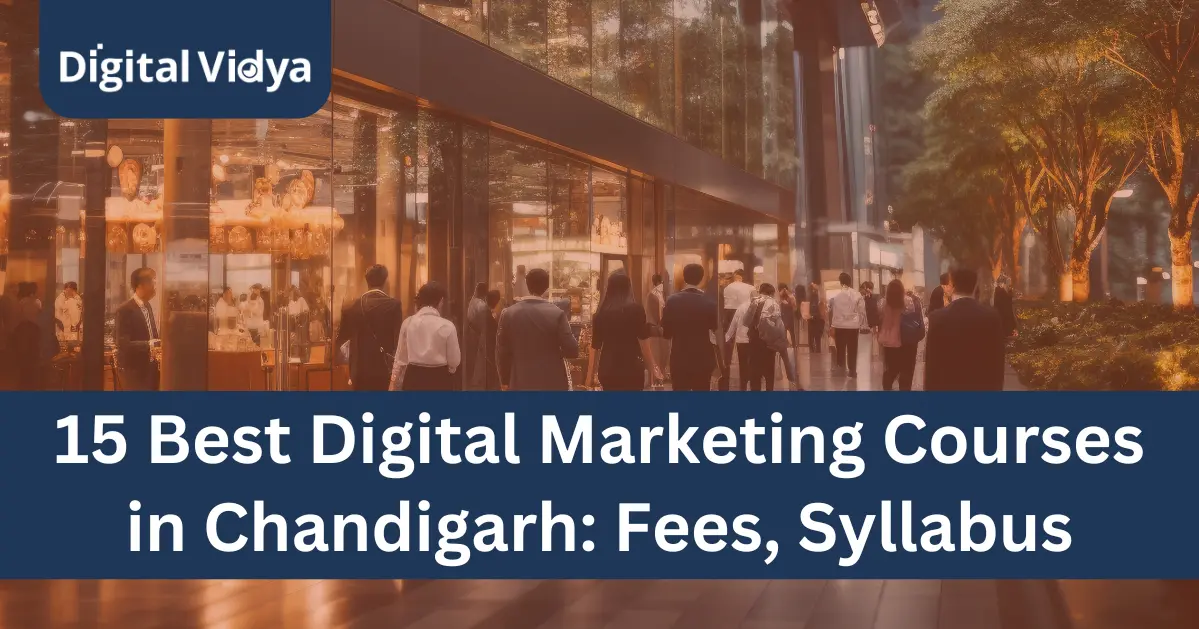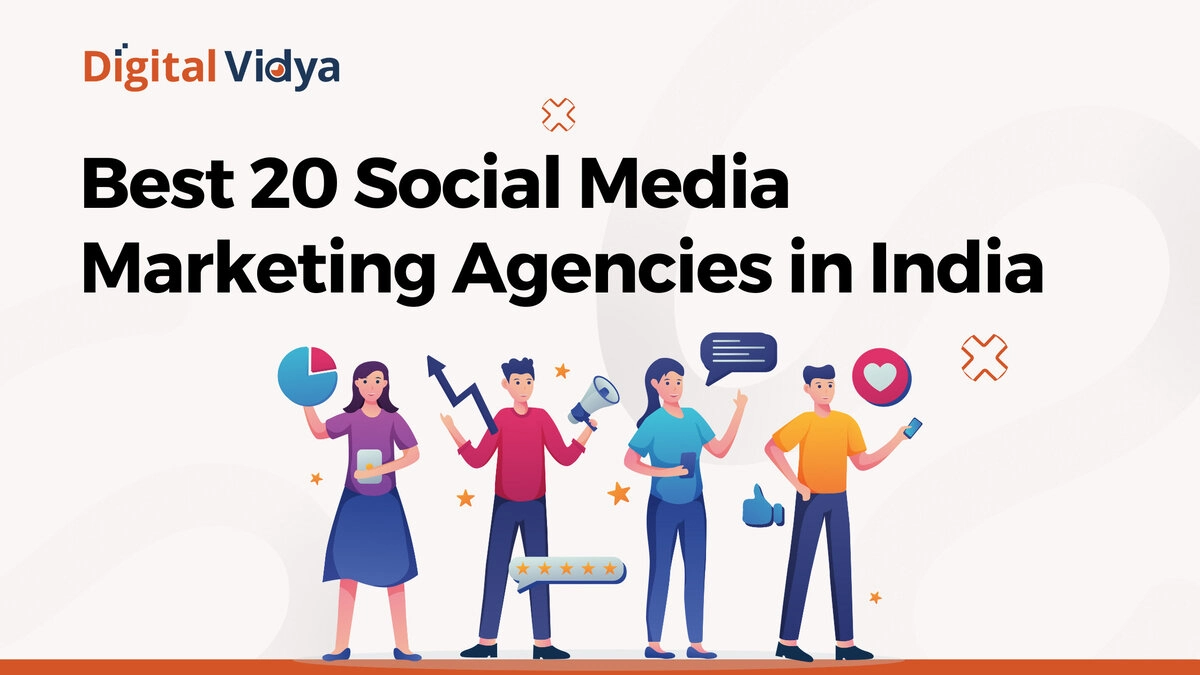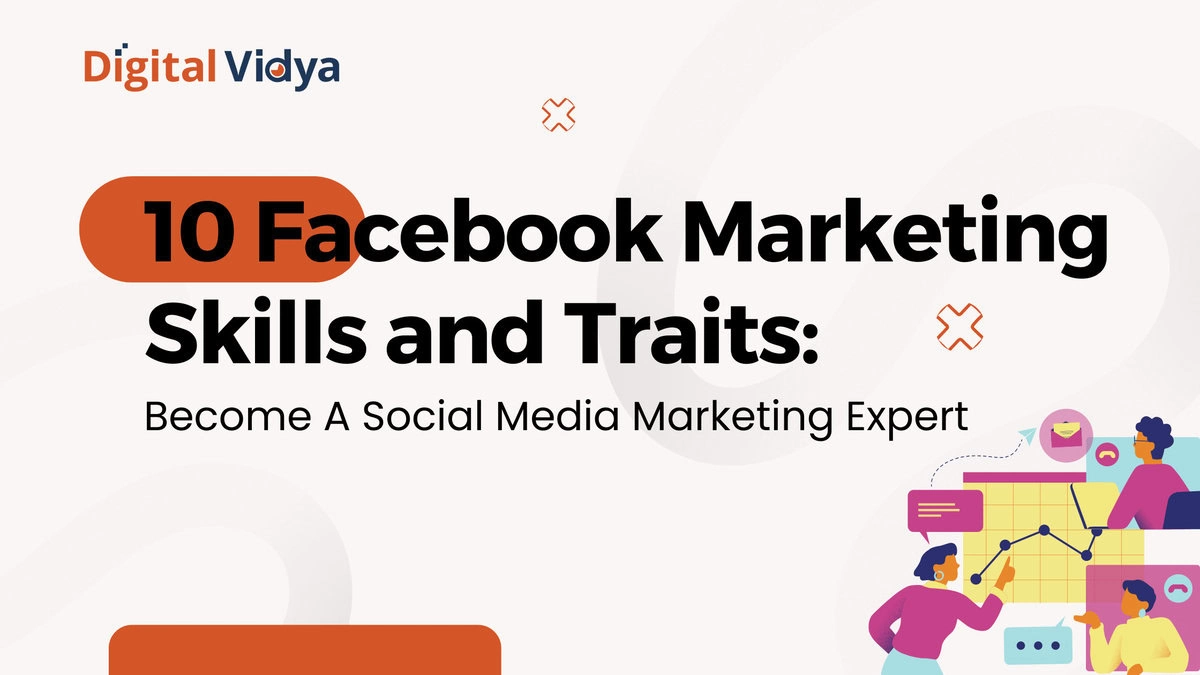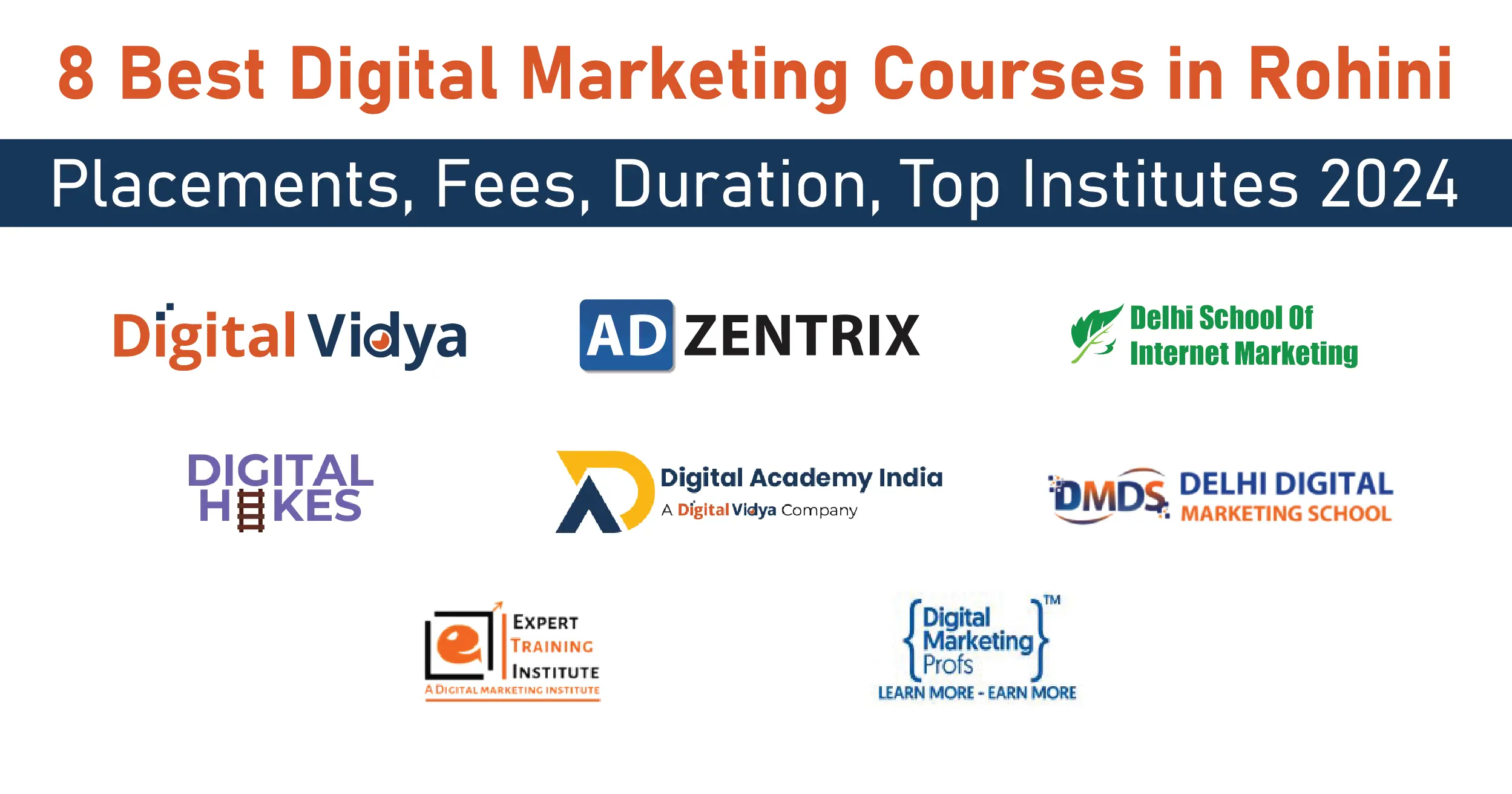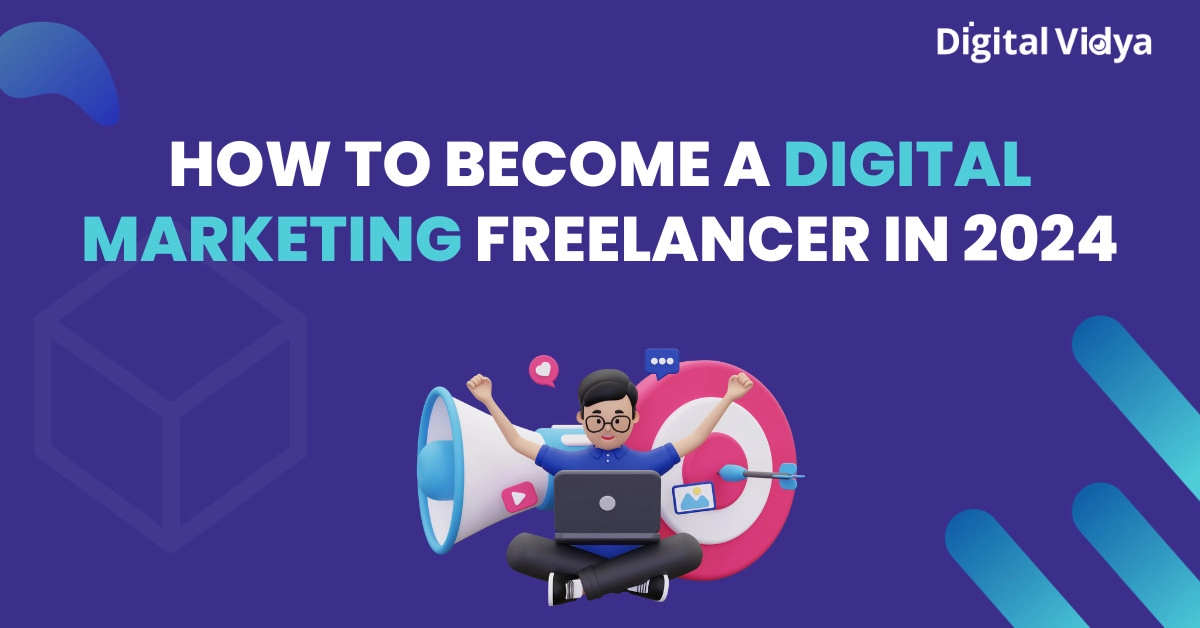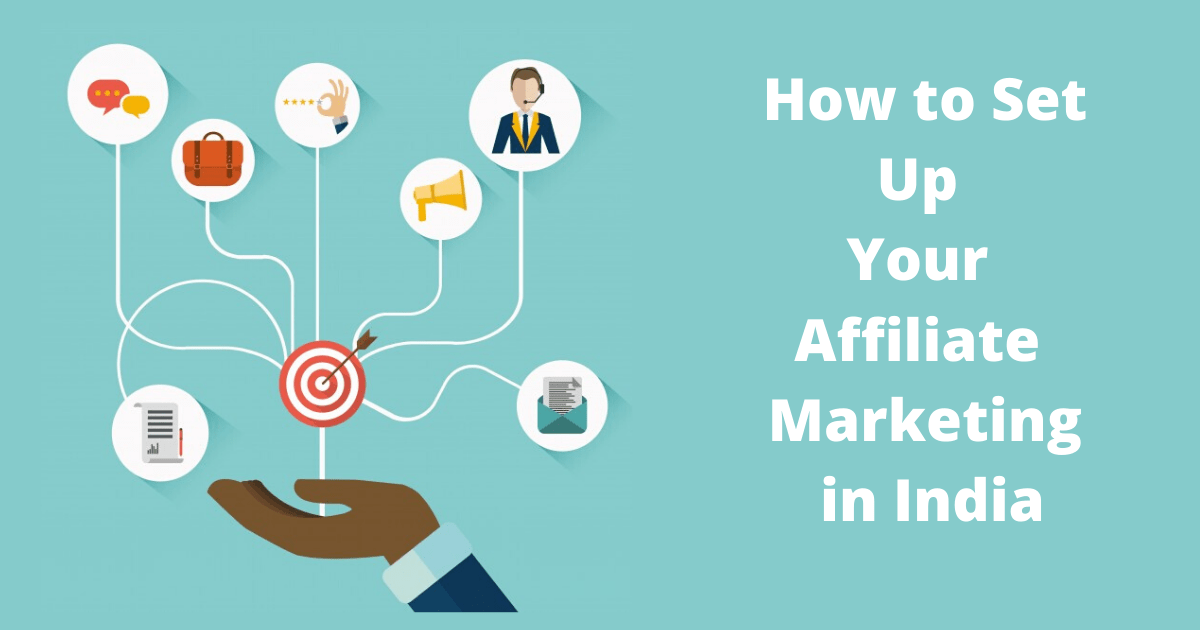 Groupon’s Business Objective
Groupon’s Business Objective
The main objective of Groupon is to encourage group buying. Each offer only comes into effect when a minimum amount of offers have been sold.
Strategy Adopted By Groupon
Groupon is a global e-commerce marketplace connecting millions of subscribers with local merchants by offering activities, travel, goods and services in more than 45 countries. Groupon breaks into new markets by identifying successful local businesses, first by sending in an advance a number of employees to research the local market; when it finds a business with outstanding reviews, salespeople approach it and explain the model, and use social marketing sites such as Facebook to further promote the idea. They used the same business model- Transaction fee model. Groupon announced a “VIP Membership” program, with a membership fee of $30 annually. This program gives VIP members access to deals 12 hours earlier than non-members, as well as access to expired deals (in the “Deal Vault”) and easy returns of deals (in exchange for “Groupon bucks”).
When it first launched, the company offered one “Groupon” per day in each of the markets it served. The Groupon worked as an assurance contract using The Point’s platform: if a certain number of people signed up for the offer, then the deal became available to all; if the predetermined minimum was not met, no one got the deal that day. This reduces risk for retailers, who can treat the coupons as quantity discounts as well as sales promotion tools. In the early years before revenue splits began to adjust as necessary, Groupon made money by keeping approximately half the money the customer pays for the coupon. Currently, that split can vary depending on many factors. Unlike classified advertising, the merchant does not pay any upfront cost to participate: Consumers are able to search and browse deals via web or mobile and can subscribe to receive emails featuring deals they are interested in based on preferences they input.
Groupon offers a mobile application available on iPhone, Android, Blackberry and Windows Phone. It allows users to browse and buy deals on their phones and redeem them using the screen as a coupon to be scanned. It allows users to buy deals on their phones and retrieve them using the screen as a coupon. Groupon encourages new customers to try local businesses. 88% of merchants agree that their Groupon deal brought in new customers, and 82% of customers say they are likely to return to the merchant again. Groupon has developed an application aimed at smartphone and tablet user’s application consisting of the two buttons: “I’m Hungry” and “I’m Bored,” which locate the closest and best deals for food or entertainment. Groupon have the Groupon Promise to ensure that customers are satisfied with their purchase and if customers are disappointed with their purchase, Groupon will try to work things out with the customers or give them a refund.
There are potential problems with the business model. For example, a successful deal could temporarily swamp a small business with too many customers, risking a possibility that customers will be dissatisfied, or that there won’t be enough product to meet the demand. Gap, a large clothing retailer, was able to handle 445,000 coupons in a national deal (although it experienced server problems at one point), but a smaller business could become suddenly flooded with customers. One coffee shop in Portland, Oregon struggled with an increase in customers for three months, when it sold close to 1,000 Groupons on the one day it was offered, according to one report. In response to similar problems, Groupon official state that deals sold will be capped in advance to a number that the business can service effectively.
Result Achieved By Groupon
In April 2010, Groupon raised $135 million from Digital Sky Technologies, a Russian investment firm. On December 29, 2010, Groupon’s executive board approved a change to Groupon’s certificate of incorporation that would permit the company to raise $950 million in venture capital funding, based on a valuation of $6.4 billion. From January 2010 through January 2011, Groupon’s U.S. monthly revenues grew from $11 million to $89 million. Consolidated revenue for the full year 2014 reached nearly $3.2 billion.
In October 2010, Yahoo! was rumored to have offered over $3 billion to acquire Groupon. On November 30, 2010, it was reported that Google offered $5.3 billion with a $700 million earn out to acquire Groupon and was rejected on December 3, 2010. After the rejection of the Google/Groupon buy-out, Groupon proceeded with their own initial public offering.
Groupon’s consolidated gross billings for the full year 2014 increased 32% year-over-year to $7.6 billion.
In early November 2012, Groupon reported they had missed their third quarter revenue estimates, posting the revenue of $586.6 million while estimates were at $591 million. The stock has since rebounded and was trading around $8 in Q1 2015.
In January 2014, Groupon bought for $43 million to break into the fashion business.
In April 2015, Groupon announced it is selling a controlling stake in the Korean online shopping platform, Ticket Monster. Groupon will continue to retain a fully diluted 41% minority stake in the company.
On July 16, 2015, Groupon announced its acquisition of food-delivery service Order Up.
Learnings
Groupon uses coupons that came under one of affiliate marketing strategy. Affiliate marketing is a type of performance-based marketing in which a business rewards one or more affiliates for each visitor or customer brought by the affiliate’s own marketing efforts. The industry has four core players: the merchant (also known as ‘retailer’ or ‘brand’), the network, the publisher (also known as ‘the affiliate’), and the customer. Merchants favor affiliate marketing because in most cases it uses a “pay for performance” model, meaning that the merchant does not incur a marketing expense unless results are accrued.
Image Credits: Groupon

 Groupon’s Business Objective
Groupon’s Business Objective

